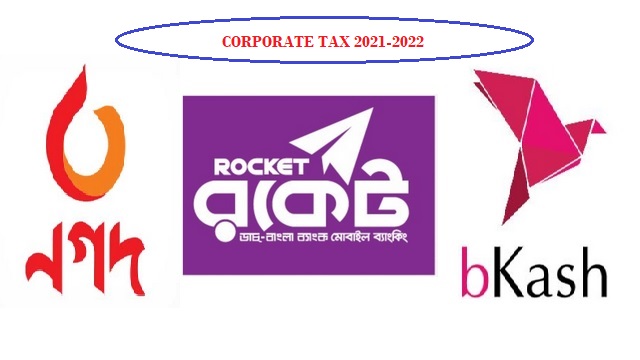Bangladesh National Budget 2021-2022
The Finance Minister has proposed to increase the corporate tax of Mobile Financial Service (MFS) providers such as BKASH, ROCKET, NAGAD and all other MFS which have already become popular in the country. The finance minister wants to collect more revenue from this sector by raising taxes. As a result, companies in this sector BKASH, ROCKET, NAGAD and all other MFS will have to pay more taxes than before in the upcoming budget of Bangladesh regarding Bangladesh National Budget 2021-2022.

Bangladesh National Budget 2021-2022 have the budget of 603,681 crore in this year. Of this, the income is 392,490 crore. The budget deficit is 7.1 percent. Most of the budget deficit will come from foreign loans, 112,188 crore. However, the concern is that everyone expected the government to be able to implement at least the budget in the outgoing fiscal year, all the money will be spent. Because, there is no alternative to increase the cost of the economy. But it turns out that the budget had to be revised because it could not spend about Tk. 30,000 crore in the outgoing fiscal year.
The Finance Minister has proposed to increase the tax rate for MFS companies listed on the stock exchange from 32.5 per cent to 36.5 per cent in the budget. If not listed, the tax rate will be increased from 32.5 percent to 40 percent.
In 2011, Dutch Bangla Bank launched the first mobile phone financial service (MFS) or mobile banking service in Bangladesh. It was later renamed Rocket. Then BRAC Bank’s partner organization Bkash came to this service. Many more banks have already launched the service, but have not been able to take advantage of it. However, the cash service of the postal department has responded well.
Recently UCBL opened a separate company to provide this service. The name of their service is ‘UPAY’. In all, 15 institutions are currently giving MFS in the country. Of these, one bank opens a separate company, while another bank offers the service as a separate product.
Comparatively, Bangladesh has the highest corporate tax rate in South Asia, even compared to rival countries. Traders have long demanded a reduction in this rate. The finance minister reduced the corporate rate for two consecutive fiscal years. This time it was reduced to two and a half percent. As a result, corporate taxes have fallen by 5 percent in two years. Traders will get quite a discount. This time the finance minister has also given a big VAT exemption to the local industry. In addition to VAT, advance tax exemption has been given to reduce the dependence on imports of various household products. New tax benefits have been given to the mobile and information technology sectors produced in the country. The finance minister said in his budget speech that he has moved away from the conventional system in formulating the budget. He said that the health sector should be given the highest priority. Continue to implement the second priority incentive fund. Third is the agriculture sector of the finance minister to ensure food security. Then there is education sector, skill development and human resource development. Rural development and job creation is the fifth priority sector. Finally there is the expansion of social security. Although the priorities have changed, the type of allocation is the same.
Written by
Email: [email protected]
